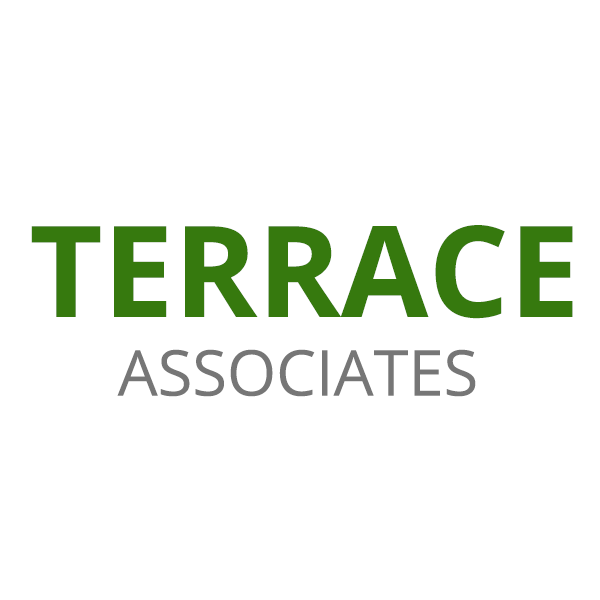Real Estate Exchanges
/The 1031 tax deferred exchange offers the opportunity to exchange one property for another without paying capital gain taxes. You are able to defer the gain until the new replacement property is later disposed of in a taxable transaction. There is no limit to the number of times you can take advantage of the section 1031 exchange tax rule.
This tax rule applies to investment or income producing properties, not your primary residence. In a tax deferred exchange of investment property the replacement property must be of like-kind. In general, all real property is considered like-kind as long as both are United States real property held for use in a trade, business, or as an investment.
It is important that the taxpayer or exchanger does not have constructive or actual receipt of any of the monies or cash from the sale escrow. The parties to an exchange need to employ a “qualified intermediary” to act on behalf of the exchanger, particularly if the exchange is not simultaneous, but rather a “delayed” exchange. If the principals to an exchange do take receipt of any of the funds, the funds become taxable.
A high percentage of the exchanges that take place today are delayed exchanges. There are very specific rules to follow in delayed exchanges. If these rules are not followed, your exchange could be disqualified and taxes could be due. Two of the fundamental rules are 1) when an exchange property (relinquished) is sold the seller has 45 days to identify the replacement property (or properties), and 2) the purchase of the replacement property must be completed within 180 days of the sale.
Exchanging investment real estate does not allow you to permanently avoid paying taxes, it just allows you to delay paying federal and state capital gains and depreciation recapture taxes. The investor or tax payer must be very careful and beware of the complications that can arise. When exchanging real estate it is advisable to have a well-qualified professional guiding you through the process.
There are several reasons why you might consider exchanging real estate. Repositioning your investments can unlock some of your equity and help leverage or diversify your portfolio. Appreciation, depreciation, cash flow, diversification, and tax deferral are some of the factors that motivate investors to consider a 1031 exchange.
Every individual’s tax situation is different and careful consideration to your specific needs is necessary.
You Realtor can help bring together the appropriate professionals to work along with the title company, escrow, and exchange facilitator to navigate your way through this complex process.
This article was published in the San Francisco Examiner.
Articles are written by Eric Ruxton and Larry Aikins, owners of Terrace Realty, Inc. and Terrace Associates, Inc. in Redwood City. Terrace has been in business more than 55 years and in addition to being an independent Brokerage Company, also owns and operates rental properties.

